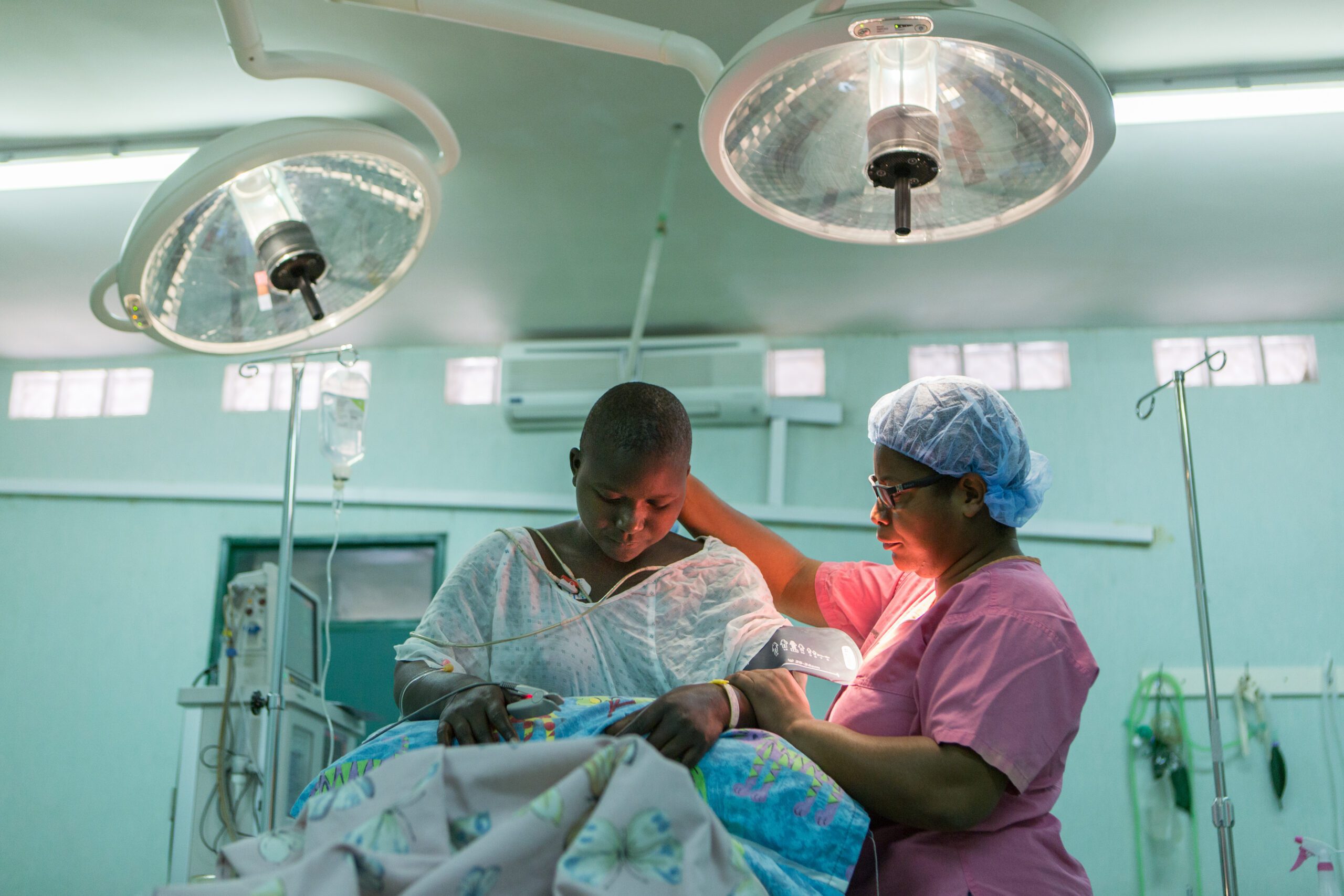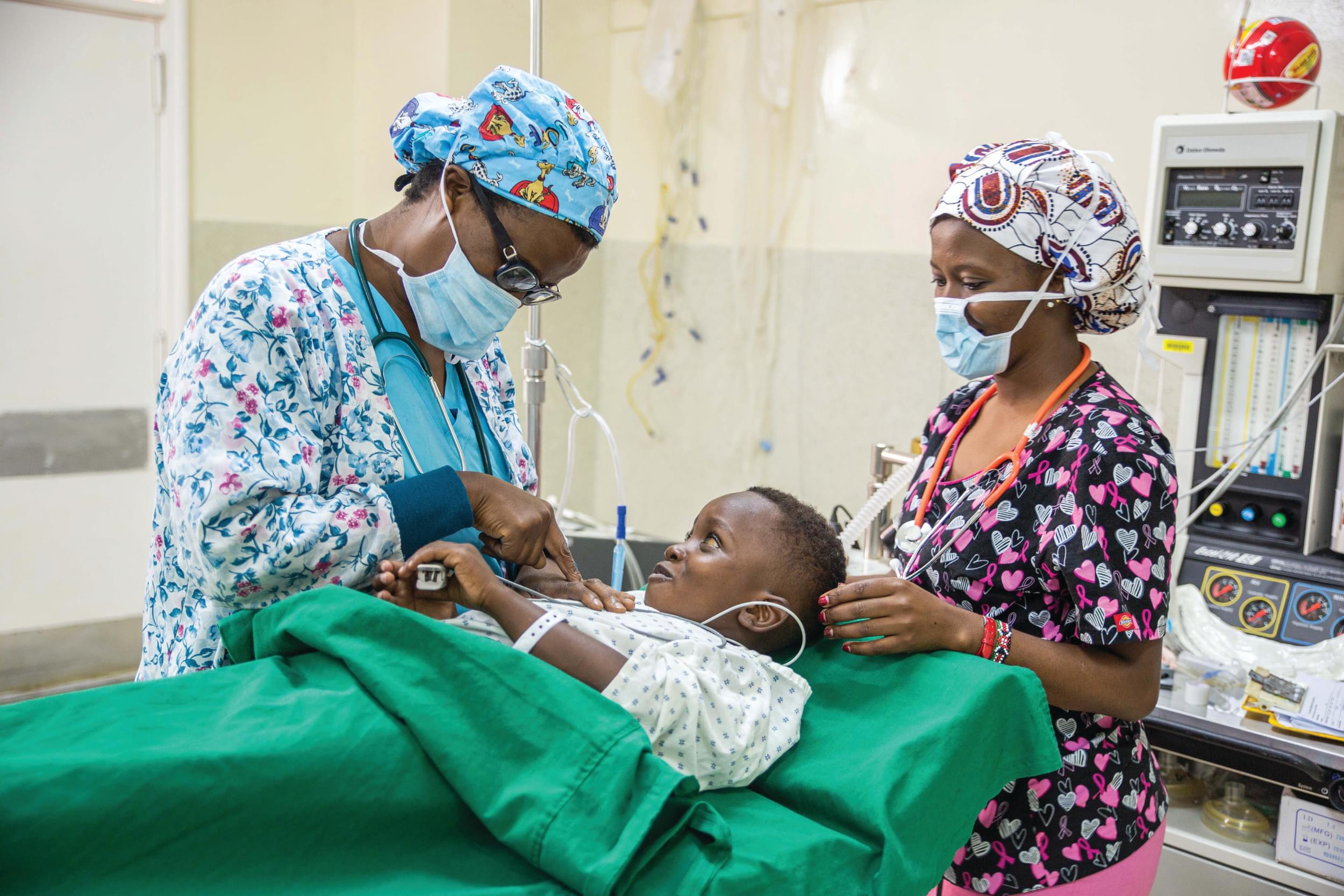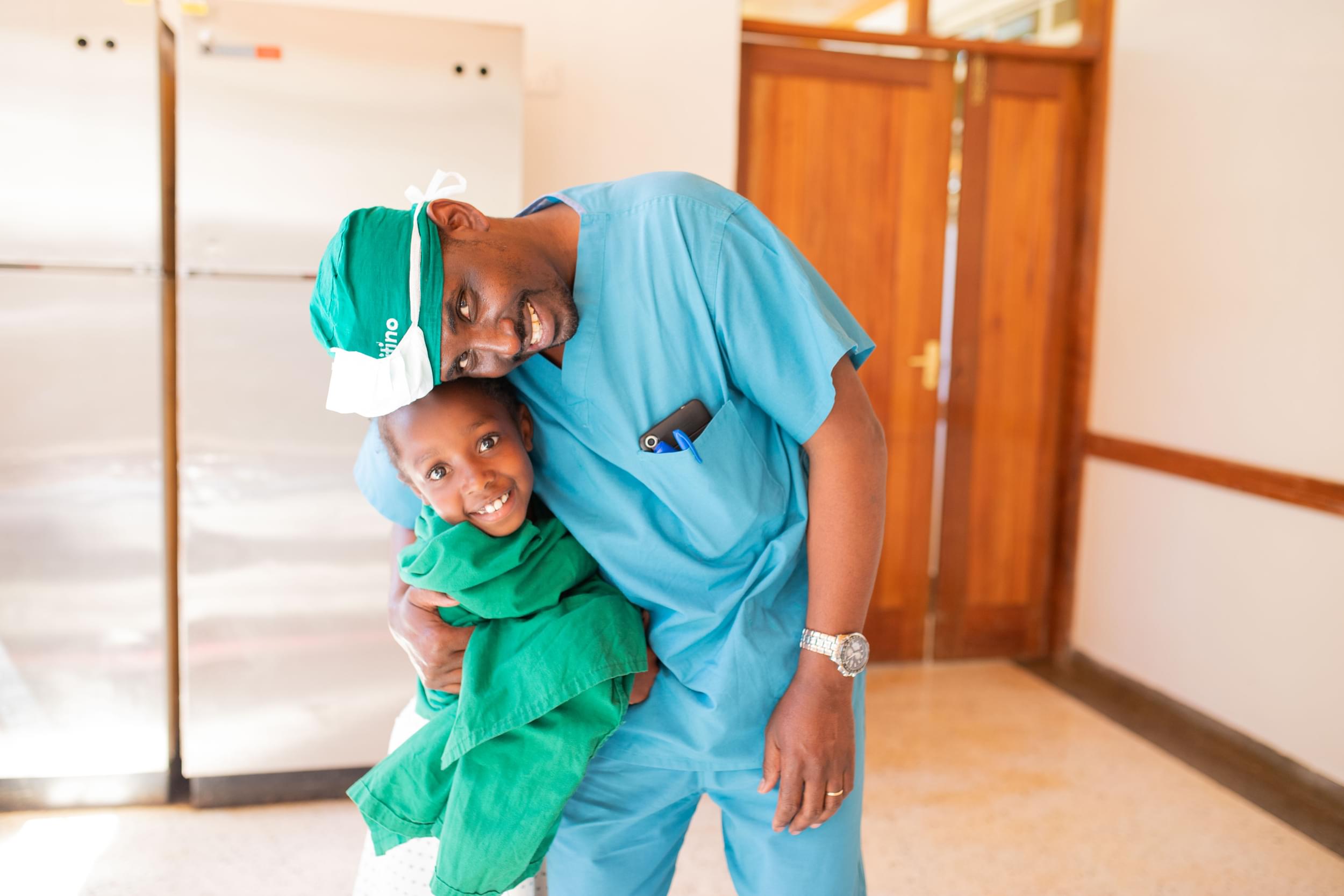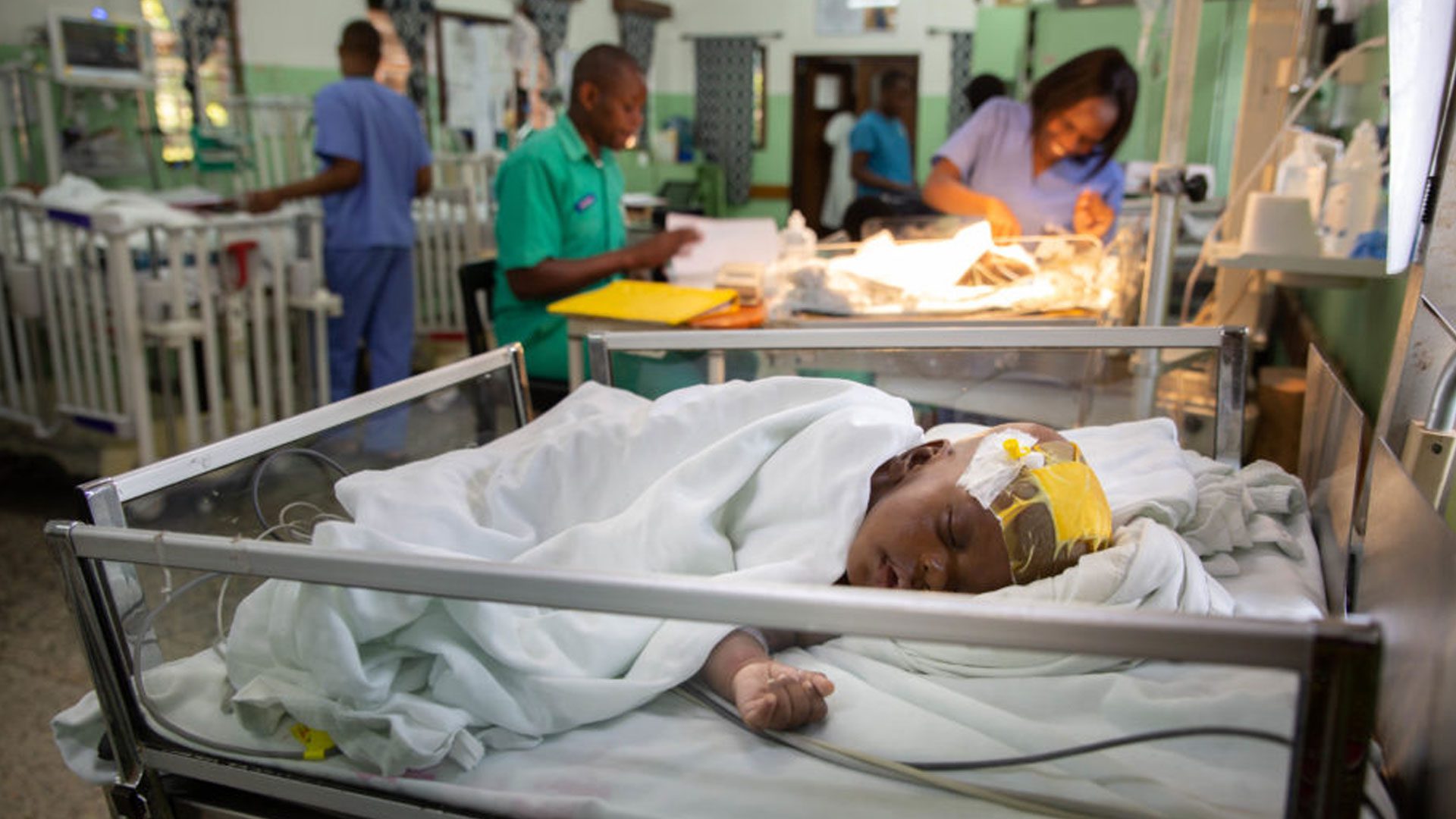Pediatric Hydrocephalus in the Developing World
Abstract: Hydrocephalus in children has been inadequately recognized as an important cause of death and disability in developing countries. In addition to the expected congenital causes, for which high birth rates increase prevalence, neonatal infection and neural tube defects are especially important, and potentially preventable, causes. Research and public health policy have the potential to diminish the burden for both of these etiologies through prevention. The inadequate number of centers trained and equipped to treat hydrocephalus is a ubiquitous barrier to care for these children throughout the developing world. Relative to the treatment of other conditions, hydrocephalus treatment is very cost-effective; yet, poverty and insufficient health system support remain as significant obstacles to treatment. The lack of access to emergency neurosurgical care also renders shunt dependence more dangerous in these contexts. This provides a compelling argument for promoting primary endoscopic treatment whenever possible. In some regions, infants with hydrocephalus are not recognized as having a treatable medical condition, which can delay or prevent referral for neurosurgical treatment. A number of organized efforts in recent decades have made progress by providing treatment, training, research, and public education. But there is far more to be done.




















